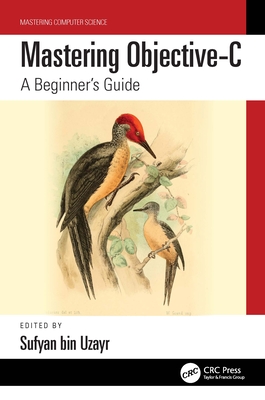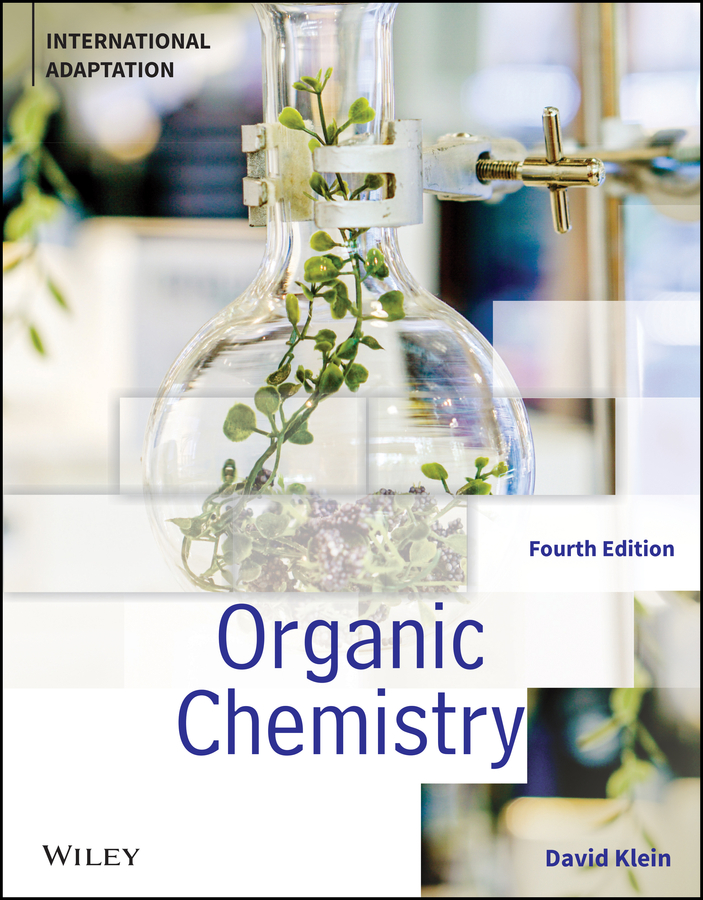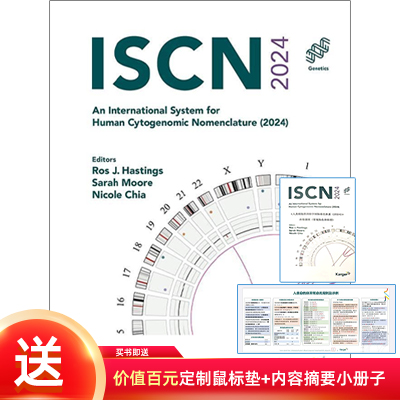图书简介
This book provides a synthesis of current agricultural research in Africa with the aim of presenting evidence based information that can be directly applied into improving the African smallholder farmers’ food security. It presents positive scientific research that has been undertaken in Africa, in simpler terms, thus driving the research for development agenda contributing to the attainment of SDG 2. Numerous research that targets resource poor African smallholder farmers has been published, yet the region faces very low productivity levels. This lack of translation from research to food security and increased agricultural incomes is due to the poor uptake of scientific research by farmers, which is partly due to poor presentation of this body of knowledge into simpler forms that extension workers and farmers can directly adopt. Therefore, this book offers research information in an easy, digestible and application oriented style, so as to enable transformation of the African agricultural sector by effectively driving agricultural productivity in Africa. This book is of interest to African extension workers, who will translate the simplified knowledge into lessons that can be useful to smallholder farmers. The book is also beneficial for policy makers as well as academics, researchers and other science based professionals.
Chapter 1. Decades of cultivar development: a reconciliation of maize and bean breeding projects and their impacts on food, nutrition security, and income of smallholder farmers in sub-Saharan Africa.- Chapter 2. From soil to fork: can sustainable intensification guarantee food security for smallholder farmers?.- Chapter 3. Sub-Sarahan Africa Smallholder Farmers Agricultural Productivity: Risks and Challenges.- Chapter 4. Integrated use of livestock manure and inorganic fertilizer for sustainable agricultural intensification on marginal soils in sub-Saharan Africa.- Chapter 5. In-field soil conservation practices and crop productivity in marginalized farming areas of Zimbabwe.- Chapter 6. Can organic soil fertility management sustain farming and increase food security among African smallholder farmers?- Chapter 7. Precision agriculture under arid environments: Prospects for African smallholder farmers.- Chapter 8. Challenges and opportunities for soil fertility and food security improvement in smallholder maize-tobacco production systems: A case study from Svosve area, Mashonaland East, Zimbabwe.- Chapter 9. On-farm research challenges for agronomic field trials in smallholder systems: A practical experience from Zanyokwe Irrigation Scheme, South Africa.- Chapter 10. Agricultural water resource governance for sustainable food production: Lessons from developing economies.- Chapter 11. Aquaculture and fisheries production in africa: highlighting potentials and benefits for food security.- Chapter 12. Medicinal plants: A perspective on their application in the African smallholder aquaculture farms.- Chapter 13. Application of Integrated Water Resources Management towards livelihood improvement: a case of smallholder farmers in Olushandja, Namibia.- Chapter 14. Climate Change Impacts on Food and Nutrition Security on Smallholder Farmers in Southern Africa.- Chapter 15. Climate-smart agriculture: perspectives for subsistence crop farming in Namibia.- Chapter 16. Smallholder Farmers’ Adaptation Strategies and Food security: Experiences from Zimbabwe.- Chapter 17. Building resilience to climate change by adopting conservation agriculture in the smallholder farming systems.- Chapter 18. Contribution of underutilised indigenous crops to enhanced food and nutrition security in the advent of climate change.- Chapter 19. Liquid gold: Harnessing the potential of digestate to enhance smallholder farmer food security and livelihood.- Chapter 20. Importance of Mushrooms for Food Security in Africa.- Chapter 21. Mushroom cultivation in Arid Namibia: Cultivation status, contribution to human health and future prospect.- Chapter 22. Can Women Own Land’? Land Inheritances Convolutions: Evidence from the Zimbabwean Resettlement Areas.- Chapter 23. The governance of aquaculture in Namibia as a vehicle for food security and economic growth.- Chapter 24. A decade of agronomic research impact on commercializing traditional homestead production of amadumbe in Umbumbulu kwaZulu Natal.
Trade Policy 买家须知
- 关于产品:
- ● 正版保障:本网站隶属于中国国际图书贸易集团公司,确保所有图书都是100%正版。
- ● 环保纸张:进口图书大多使用的都是环保轻型张,颜色偏黄,重量比较轻。
- ● 毛边版:即书翻页的地方,故意做成了参差不齐的样子,一般为精装版,更具收藏价值。
关于退换货:- 由于预订产品的特殊性,采购订单正式发订后,买方不得无故取消全部或部分产品的订购。
- 由于进口图书的特殊性,发生以下情况的,请直接拒收货物,由快递返回:
- ● 外包装破损/发错货/少发货/图书外观破损/图书配件不全(例如:光盘等)
并请在工作日通过电话400-008-1110联系我们。
- 签收后,如发生以下情况,请在签收后的5个工作日内联系客服办理退换货:
- ● 缺页/错页/错印/脱线
关于发货时间:- 一般情况下:
- ●【现货】 下单后48小时内由北京(库房)发出快递。
- ●【预订】【预售】下单后国外发货,到货时间预计5-8周左右,店铺默认中通快递,如需顺丰快递邮费到付。
- ● 需要开具发票的客户,发货时间可能在上述基础上再延后1-2个工作日(紧急发票需求,请联系010-68433105/3213);
- ● 如遇其他特殊原因,对发货时间有影响的,我们会第一时间在网站公告,敬请留意。
关于到货时间:- 由于进口图书入境入库后,都是委托第三方快递发货,所以我们只能保证在规定时间内发出,但无法为您保证确切的到货时间。
- ● 主要城市一般2-4天
- ● 偏远地区一般4-7天
关于接听咨询电话的时间:- 010-68433105/3213正常接听咨询电话的时间为:周一至周五上午8:30~下午5:00,周六、日及法定节假日休息,将无法接听来电,敬请谅解。
- 其它时间您也可以通过邮件联系我们:customer@readgo.cn,工作日会优先处理。
关于快递:- ● 已付款订单:主要由中通、宅急送负责派送,订单进度查询请拨打010-68433105/3213。
本书暂无推荐
本书暂无推荐














